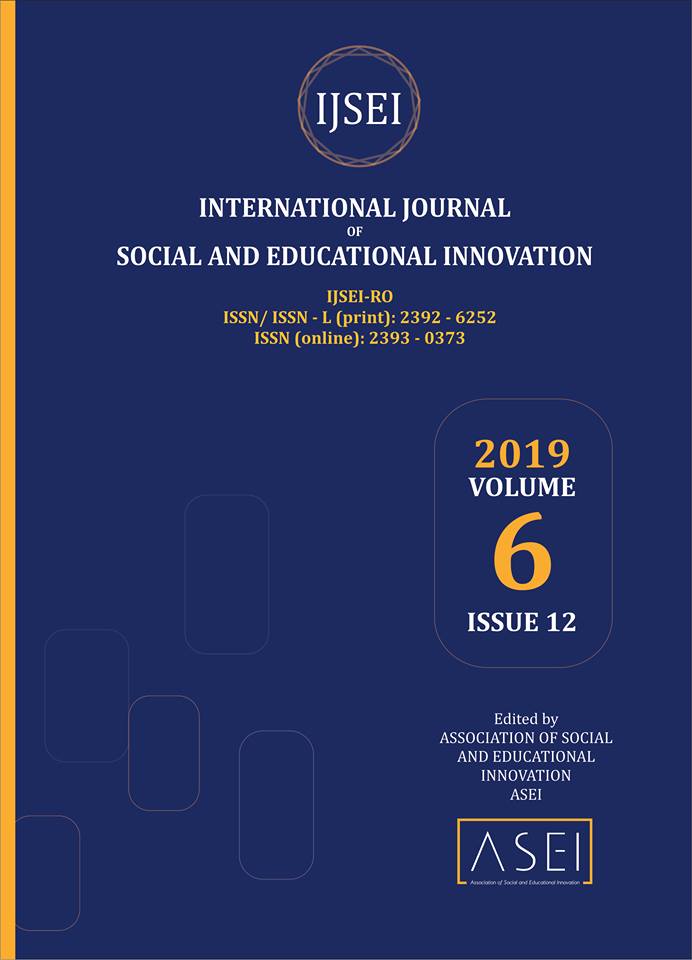Social and psychological benefits of self-dislosure
Social and psychological benefits of self-dislosure
Author(s): Narcisa Loredana Posteuca-EsiSubject(s): Philosophy, Social Sciences, Epistemology, Special Branches of Philosophy, Theology and Religion, Comparative Studies of Religion, Philosophy of Religion, History of Psychology, Individual Psychology, Social psychology and group interaction, Cognitive Psychology, Comparative Psychology, Developmental Psychology, Experimental Pschology, Neuropsychology, Personality Psychology, Psychology of Self, Clinical psychology, Organizational Psychology, Behaviorism, Psychoanalysis, Sociology of Religion
Published by: Association of Social and Educational Innovation (ASEI)
Keywords: self-disclosure; inter-subjectivity theory; inter-subjective field; reciprocity norm;
Summary/Abstract: The analysis of the concept of “self-disclosure” and implicitly, of the benefits it has upon the psychological and social dimension, reveals from an epistemic viewpoint the need for a theoretical and practical foundation well outlined from a scientific viewpoint. Thus, a comparative study at the theoretical level, but also at the level of inter-subjective practice transposes the results obtained over time in the area of psychological and social consequences and effects. Moreover, such epistemic results acquire epistemic validity in the inter-subjective field and space insofar as we can see, from our point of view, a series of (affective, cognitive) benefits related to the interpersonalrelationships or to the therapeutic relationship between the patient and the physician (analyst).
Journal: International Journal of Social and Educational Innovation (IJSEIro)
- Issue Year: 6/2019
- Issue No: 12
- Page Range: 25-29
- Page Count: 5
- Language: English

